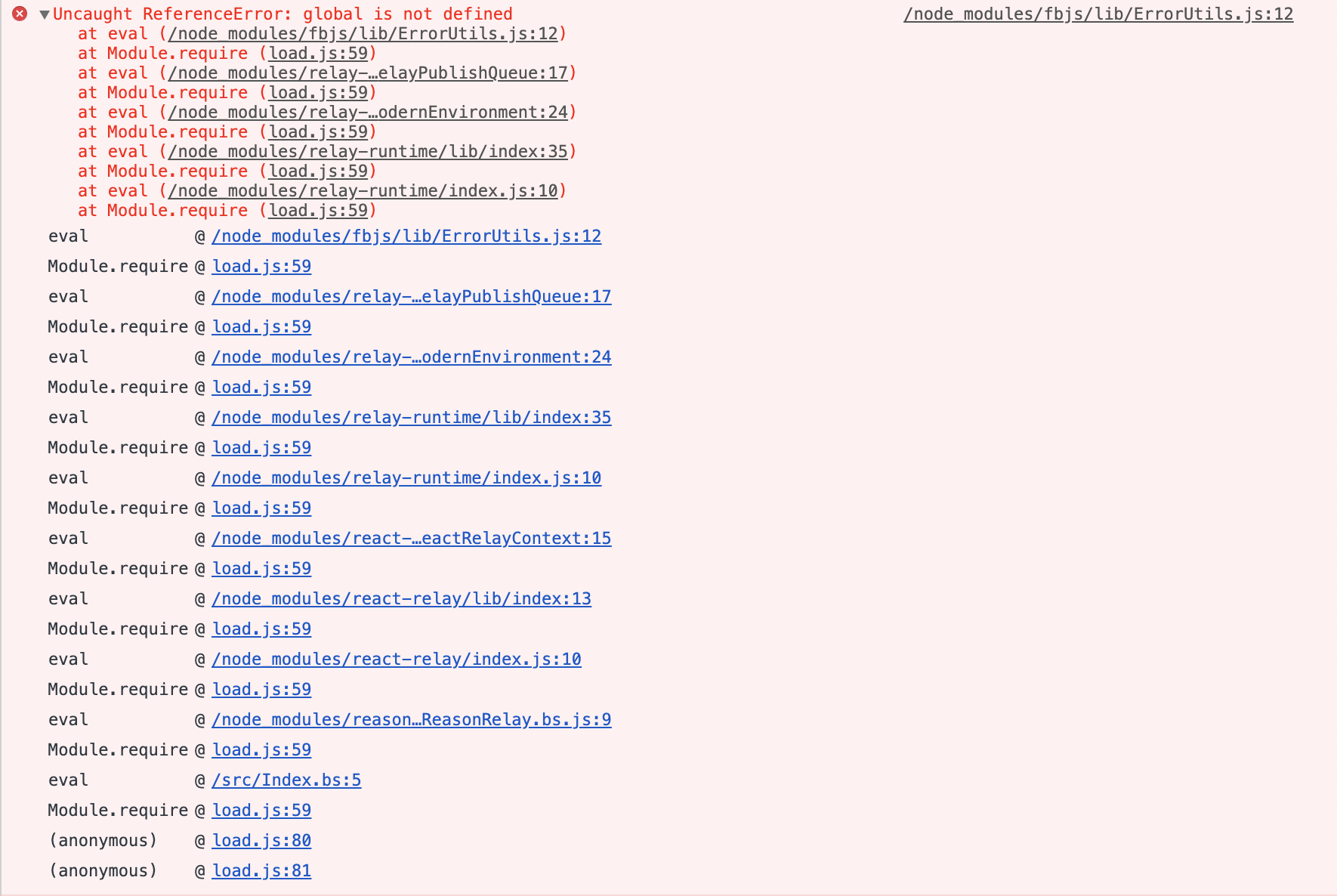Use Relay with ReScript.
Are you using version
>= 0.13.0and ReScript syntax with VSCode? Make sure you install our dedicated VSCode extension. Note: It only works with ReScript syntax.
Check out the documentation.
Also, check out the changelog - things will continue to change between versions (including breaking changes, although we'll try and keep them to a minimum) as we iterate and reach a stable version.
Your components define what data they need through %relay().
/* Avatar.res */
module UserFragment = %relay(`
fragment Avatar_user on User {
firstName
lastName
avatarUrl
}
`)
@react.component
let make = (~user) => {
let userData = UserFragment.use(user)
<img
className="avatar"
src=userData.avatarUrl
alt={
userData.firstName ++ " "
userData.lastName
}
/>
}
Fragments can include other fragments. This allows you to break your UI into encapsulated components defining their own data demands.
Hooks to use your fragments are autogenerated for you. The hook needs a fragment reference from the GraphQL object where it was spread. Any object with one or more fragments spread on it will have a fragmentRefs prop on it, someObj.fragmentRefs. Pass that to the fragment hook.
Avatar_user is spread right on the fragment, so we pass userData.fragmentRefs to the <Avatar /> component since we know it'll contain the fragment ref for Avatar_user that <Avatar /> needs. The <Avatar /> component then uses that to get its data.
/* UserProfile.res */
module UserFragment = %relay(`
fragment UserProfile_user on User {
firstName
lastName
friendCount
...Avatar_user
}
`)
@react.component
let make = (~user) => {
let userData = UserFragment.use(user)
<div>
<Avatar user=userData.fragmentRefs />
<h1> {React.string(userData.firstName ++ (" " ++ userData.lastName))} </h1>
<div>
<p>
{React.string(
userData.firstName ++ (" has " ++ (userData.friendCount->string_of_int ++ " friends.")),
)}
</p>
</div>
</div>
}Finally, you make a query using %relay() and include the fragments needed to render the entire tree of components.
/* Dashboard.res */
module Query = %relay(`
query DashboardQuery {
me {
...UserProfile_user
}
}
`)
@react.component
let make = () => {
let queryData = Query.use(~variables=(), ())
<div> <UserProfile user=queryData.me.fragmentRefs /> </div>
}
There's plenty of work ongoing to bring RescriptRelay to full ReScript v11 support, including uncurried mode. Here's the versioning scheme that'll be followed going forward:
- 1.x will receive critical bug fixes etc, but new features won't be added
- 2.x will soon ship, and it'll focus on compatibility with ReScript v11, and uncurried mode (uncurried mode will be optional). This is intended to make the transition to v11+ smooth
- 3.x will also soon ship, and that'll fully embrace uncurried mode (no curried mode available), and add a bunch of new stuff + change existing APIs to make them better and more ergonomic
- A general example showcasing most available features: https://github.com/zth/rescript-relay/tree/master/example


